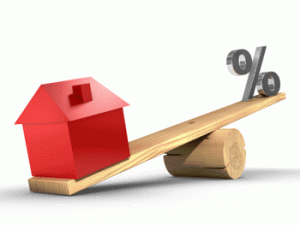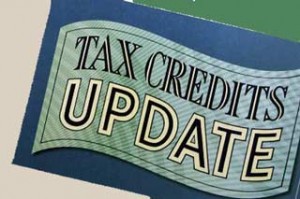
Congress passed a bill last week extending the deadline to close escrow and qualify for the federal home buyers tax credit. President Obama signed the bill on July 2, 2010 according to reports.
The bill doesn’t help anyone currently shopping for a home. Buyers must have signed a contract by April 30 to qualify for the tax break. At issue is when the deal must be finalized. Qualified existing homeowners also have until Sept. 30 to close on new homes and receive a tax credit of up to $6,500.
Some details:
- The bill extends the deadline to close escrow for home buyers who entered into a home purchase contract by the April 30 deadline. First-time buyers may be eligible to receive up to $8,000 and qualified existing homeowners may receive up to $6,500 if the home buyer closes escrow by Sept. 30.
- Home buyers entering into sales contracts May 1 or later are not eligible for the federal tax credit, but they may qualify for the California home buyer tax credit.
- The CALIFORNIA ASSOCIATION OF REALTORS® (C.A.R.) and the NATIONAL ASSOCIATION OF REALTORS® worked closely with members of Congress to extend the deadline. Estimates from NAR show nearly 180,000 home buyers nationwide would have missed out on the tax credit if the deadline was not extended, including nearly 17,700 home buyers in California.
- Many of the home buyers who would have missed out on the tax credit are in the midst of purchasing a short sale or foreclosure, which generally take longer to close due to the amount of paperwork involved in the transaction.
Thinking of buying or selling
Call John J. O’Dell
Real Estate Broker
General Contractor
530-263-1091




